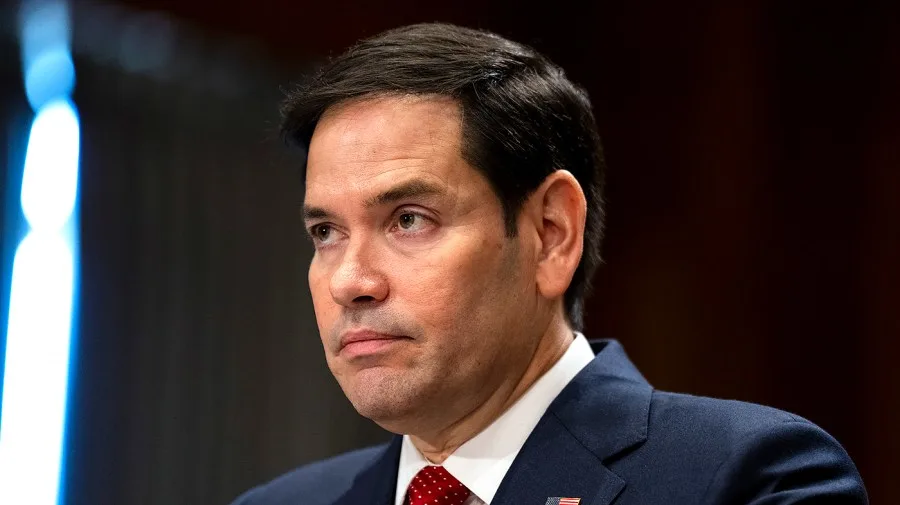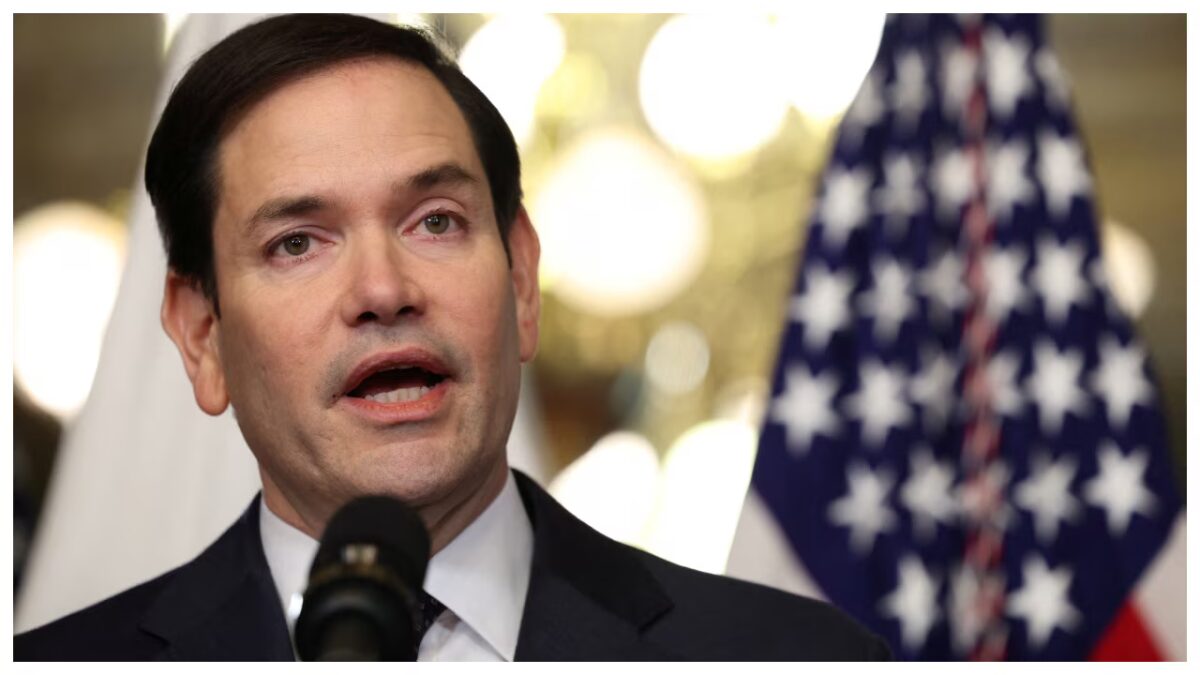Growing Calls from Congress
More than 140 House Democrats have signed a letter urging Secretary of State Marco Rubio to immediately reverse a recent decision that halted visa processing for people from Gaza. The lawmakers argue that the policy is blocking critically injured children from accessing lifesaving treatment in the United States. Their demand highlights both a humanitarian crisis and a political clash over immigration, security, and foreign policy.
The Visa Suspension and Its Impact
Earlier this month, the State Department suspended all visa approvals for Palestinians from Gaza. The official reason pointed to security concerns, citing fears that organizations assisting with visas might have ties to extremist groups. However, no public evidence was presented to support the claim. The suspension directly affects medical cases in which children are transferred to U.S. hospitals for emergency procedures. Humanitarian organizations have warned that the halt could lead to preventable deaths among children in urgent need of surgery and advanced care unavailable in Gaza.
Humanitarian Outcry
Nonprofit groups, including HEAL Palestine, have condemned the suspension as cruel and shortsighted. These groups emphasize that the medical visa program is not a resettlement initiative, but a temporary measure that allows children to receive treatment before returning home. Critics argue that ending the program undermines America’s humanitarian values and punishes innocent children for political disputes beyond their control.

Political Tensions in Washington
The Democratic lawmakers’ letter presses Rubio for transparency, requesting a clear explanation of the security rationale and a timeline for reviewing the policy. They also demand that medical exemptions be introduced so that critically ill children are not trapped in bureaucratic limbo. This effort underscores growing frustration among Democrats who see the suspension as a dangerous precedent in U.S. foreign policy. Some analysts believe the move reflects pressure from right-wing activists, including individuals with no official role in government but strong influence in conservative circles.
What’s at Stake
The controversy touches on broader debates over America’s role in global conflicts, humanitarian responsibility, and the balance between national security and compassion. For families in Gaza, the stakes are immediate and deeply personal: children in need of urgent surgery are being denied a chance at survival. For U.S. policymakers, the issue forces difficult questions about how far security concerns should go when human lives are on the line.
Conclusion
As the letter gains support in Washington, attention now turns to whether the State Department will reverse course. The outcome will not only determine the fate of injured children from Gaza but also send a signal about America’s commitment to humanitarian principles during times of war and crisis.


